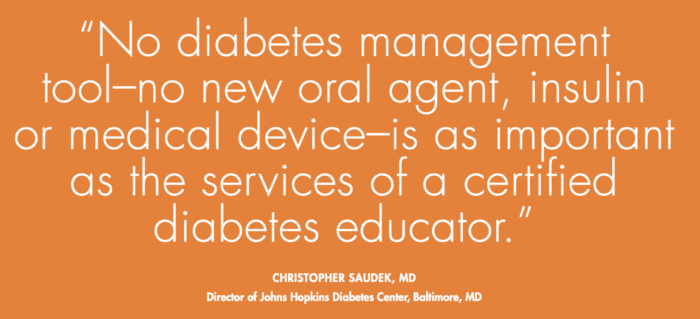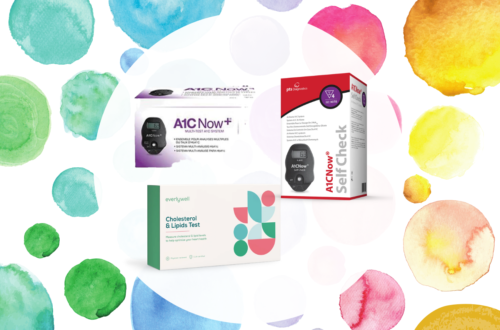
CDCES and Primary Care: A Healthy Partnership
It’s no secret that diabetes is on the rise. The CDC estimates that over 37 million Americans (roughly 11% of the US population) have diabetes, while another 96 million live with prediabetes. Combined, almost 50% of Americans live with some sort of metabolic dysfunction.
At the same time, primary care providers are on the decline. A new report from the Association of American Medical Colleges predicts a shortage of up to 55,000 primary care providers by 2030. To bridge the gap, existing providers are stretched thin. Visits are getting shorter. Provider burnout is at an all time high.
Diabetes management is complex
Diabetes rarely presents alone. Hypertension, dyslipidemia, and obesity often require further attention for the prevention of adverse health events like heart attack or stroke. Limited provider access coupled with the growing burden of chronic disease management leaves many patients vulnerable and under-supported.
Enter the CDCES
Certified diabetes care and education specialists, formally known as “diabetes educators”, are licensed care professionals specializing in helping people with diabetes learn to manage their condition. The counseling and support provided is known as diabetes education or diabetes self- management education and training (DSME/T).
A CDCES can support providers while empowering patients to achieve better metabolic control through the development of self-management skills. This role is both unique and essential.
A CDCES really can do it all
While not an exhaustive list, a CDCES can:
- Increase a practice’s efficiency by assuming timing-consuming patient training, counseling, and follow up duties
- Help prescribers meet pay-for-performance and quality improvement goals
- Track and monitor patients’ care and provide status reports.
- Help delay the onset of diabetes with prevention and self-management training for patients at high risk
- Monitor the response to treatment and make recommendations for treatment plan adjustments
- Assist with training patients on new devices and technology
- Be a resource for current diabetes care and education guidelines
A vital part of the care team
A CDCES is a vital part of the care team. If the end goal is to provide optimal care, lower costs, and improve productivity and performance – a CDCES is a must for any primary care practice.

Looking for more resources on how to include a CDCES in your practice? Download the guide!


You May Also Like

Reflecting on a Year of Achievement
December 22, 2023
Product Review: Freestyle Libre 3
December 19, 2022
